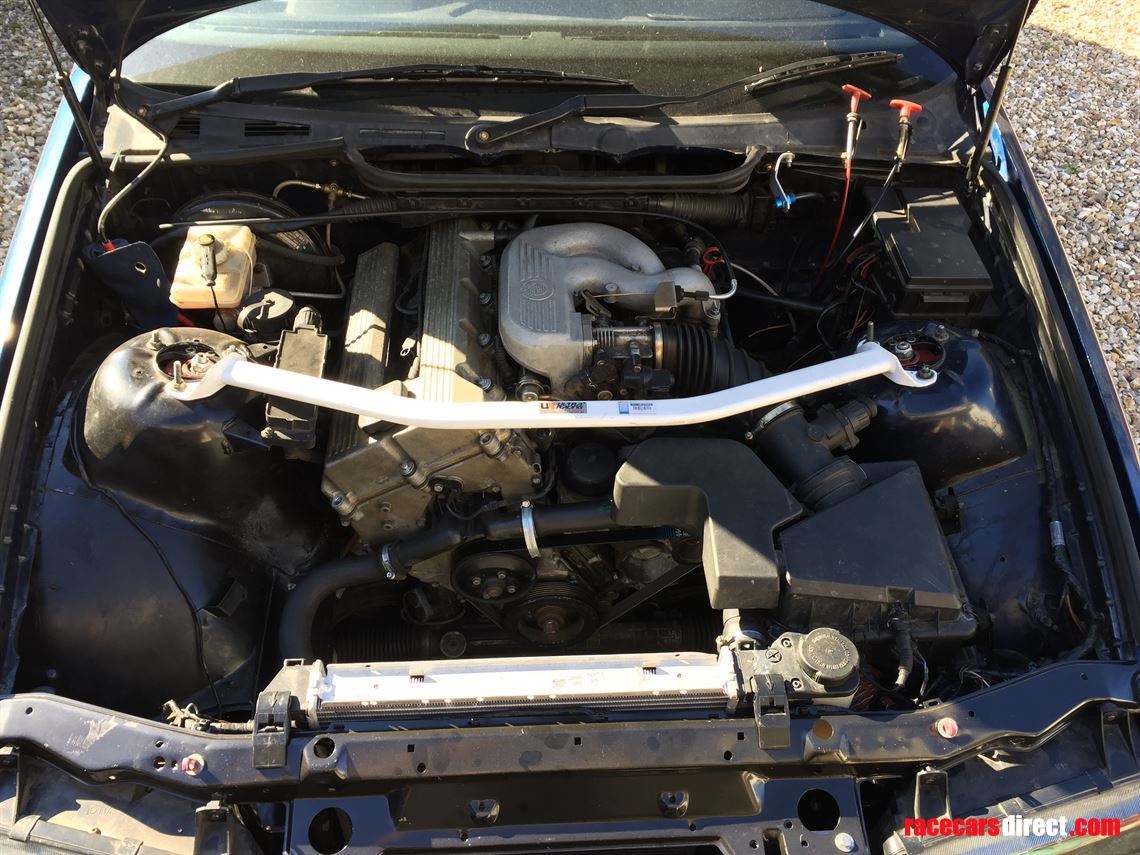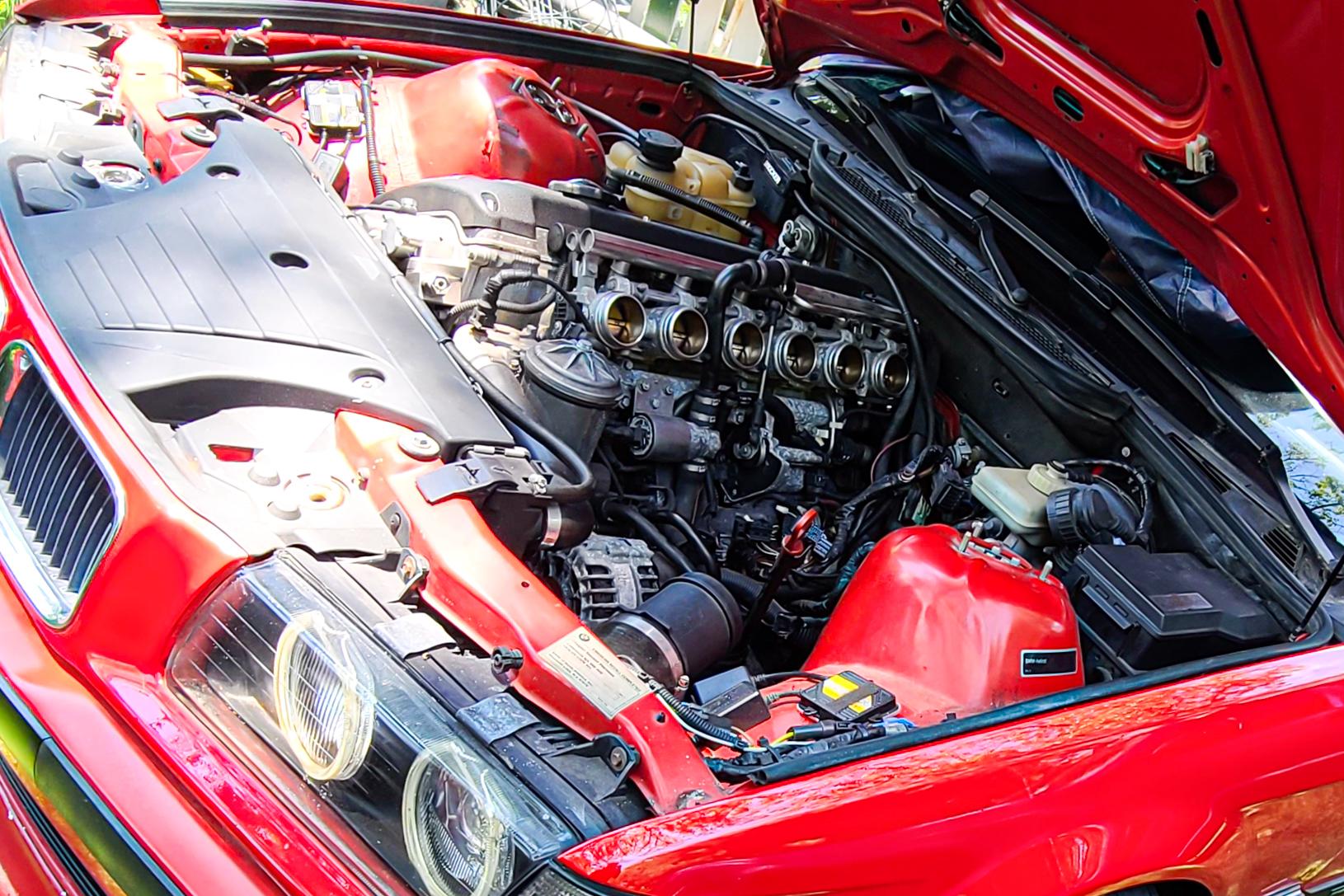BMW 318ti: A Traditional Compact with Classic Appeal
BMW 318ti: A Traditional Compact with Classic Appeal
Blog Article
Secret Functions to Look for When Investing In an Engine for Automotive Applications
When thinking about the purchase of an engine for automotive applications, a number of essential features necessitate careful examination to make certain optimum performance and performance. From power and performance capacities to fuel adherence, longevity, and performance to exhausts standards, each facet plays a critical duty in establishing the engine's viability for certain auto demands.
Power and Performance
When selecting an auto engine, customers focus on power and performance to ensure optimum driving experience and efficiency. The power output of an engine, commonly determined in horsepower (HP) or kilowatts (kW), determines the velocity, top speed, and overall capacities of an automobile. Greater power rankings generally cause quicker acceleration and far better efficiency, specifically during overtaking or lugging hefty tons. Performance, on the other hand, encompasses a more comprehensive spectrum of attributes, including gas performance, exhausts, reliability, and general driving characteristics. A well-performing engine not only delivers power effectively but also runs efficiently across various speed ranges and driving problems.
In addition, variables such as engine crossbreed, turbocharging, and displacement innovations play substantial roles in enhancing both power and efficiency degrees. Eventually, choosing an engine that supplies a powerful mix of power and efficiency makes sure a efficient and gratifying driving experience.
Fuel Efficiency
Optimizing fuel performance is a vital factor to consider for customers when assessing automotive engine alternatives. Modern engines with functions like straight gas injection, turbocharging, and variable valve timing can dramatically boost fuel performance by enhancing burning procedures and lowering power loss.

Resilience and Reliability
Attaining resilient efficiency and dependable operation is necessary for consumers evaluating the toughness and reliability of automotive engines. When taking into consideration an engine for vehicle applications, sturdiness refers to the engine's ability to withstand wear, stress and anxiety, and harsh operating problems over an extended period. Dependability, on the other hand, implies that the engine can constantly execute its desired feature without unforeseen failures or failings.
Consumers must search for engines created with premium materials and precise design to make certain long life. Elements such as pistons, bearings, and crankshafts must be sturdy to handle the engine's power result without premature wear. Furthermore, engines equipped with sophisticated cooling systems, reliable lubrication, and robust filtration devices often tend to display higher levels of reliability.
Normal upkeep and adherence to maker recommendations are also crucial consider protecting an engine's longevity and integrity. By complying with maintenance routines, utilizing advised fluids, and resolving any type of concerns without delay, consumers can optimize the life expectancy and performance of their auto engines. Ultimately, focusing on sturdiness and integrity in engine selection can cause a more enjoyable ownership experience with less unexpected disruptions.
Exhausts Conformity
Making certain compliance with discharges guidelines is an important aspect of reviewing automobile engines for eco mindful consumers. With enhancing worries concerning air high quality and environmental impact, strict discharges requirements have actually been implemented worldwide to decrease hazardous contaminants launched right into the atmosphere. When purchasing an engine for auto applications, it is vital to consider its discharges conformity to reduce the carbon impact and follow legal demands.
Modern engines are outfitted with advanced emission control technologies such see as catalytic converters, exhaust gas recirculation (EGR) systems, and careful catalytic decrease (SCR) to minimize harmful exhaust gases like nitrogen oxides (NOx), carbon monoxide (CARBON MONOXIDE), and hydrocarbons (HC) These systems play a critical duty in making certain that the engine fulfills the defined discharges criteria and runs within permitted limitations.

Cost-effectiveness
When taking into consideration automobile engine acquisitions, reviewing cost-effectiveness is paramount for customers looking for both performance and worth. Cost-effectiveness in engine procurement includes greater than simply the initial purchase price. It incorporates the total expenditures connected to upkeep, gas usage, and possible repair services over the engine's lifespan. Choosing for an engine that uses a balance in between in advance prices and lasting cost savings can lead to substantial advantages for the consumer.
Engines that are created to take full advantage of gas economy can lead to considerable savings over time, specifically for individuals who drive often or over lengthy distances. bmw 318ti. Furthermore, considering the availability and price of spare components and maintenance can contribute to the total cost-effectiveness of an engine.

Conclusion
In verdict, when buying an engine for vehicle applications, it is vital to consider crucial functions such as power and performance, fuel integrity, performance and longevity, discharges compliance, and cost-effectiveness. These factors are necessary in making certain that the engine meets the needs of the lorry and runs successfully in numerous driving problems - bmw 318ti. Making an informed decision based upon these requirements will ultimately result in a efficient and successful vehicle engine purchase
From power and performance capacities to fuel durability, efficiency, and adherence to exhausts standards, each aspect plays a vital function in determining the engine's suitability for particular automotive needs. find more Engines made to run on alternate gas such as electric power, hybrid systems, or biofuels can provide enhanced gas economy and reduced exhausts contrasted to typical fuel or diesel engines. Consumers need to very carefully take into consideration the gas efficiency ratings and innovations included right into automotive engines to make enlightened purchasing choices that align with Click This Link their priorities for price financial savings and sustainability.
When considering an engine for vehicle applications, longevity refers to the engine's capability to stand up to wear, stress and anxiety, and rough operating conditions over a prolonged duration.In final thought, when buying an engine for automobile applications, it is vital to think about crucial features such as power and efficiency, fuel durability, efficiency and dependability, discharges conformity, and cost-effectiveness.
Report this page